
Tranquil Shores of Lake Niassa
Lake Niassa, also known as Lake Malawi, is a pristine freshwater lake located in the northern part of Mozambique. It is one of Africa's Great Lakes and offers a serene escape for those looking to experience natural beauty and tranquility in an unspoiled setting. The lake's crystal-clear waters are home to a rich diversity of fish, making it a paradise for snorkelers and scuba divers. The shores are dotted with quaint fishing villages where visitors can experience local culture and hospitality. The lake's surroundings are a blend of sandy beaches and rocky outcrops, providing a picturesque backdrop for relaxation and exploration. Adventurous travelers can enjoy kayaking, sailing, and hiking in the nearby hills. Bird watchers will be delighted by the variety of bird species that inhabit the area. The region around Lake Niassa is less commercialized, offering a more authentic and peaceful experience compared to other tourist hotspots. Accommodation options range from rustic lodges to more comfortable beach resorts, catering to different preferences and budgets. Whether you're looking to unwind on the beach, immerse yourself in nature, or engage in water sports, Lake Niassa has something to offer for every type of traveler.
Local tips in Lake Niassa
- Visit during the dry season (May to October) for the best weather and clearer waters for snorkeling and diving.
- Bring cash, as ATMs and card payment facilities are limited in the area.
- Engage with local guides to learn more about the region's history and culture.
- Try the local fish dishes, a specialty in the fishing villages around the lake.
- Pack insect repellent, as mosquitoes can be prevalent, especially in the evenings.
Tranquil Shores of Lake Niassa
Lake Niassa, also known as Lake Malawi, is a pristine freshwater lake located in the northern part of Mozambique. It is one of Africa's Great Lakes and offers a serene escape for those looking to experience natural beauty and tranquility in an unspoiled setting. The lake's crystal-clear waters are home to a rich diversity of fish, making it a paradise for snorkelers and scuba divers. The shores are dotted with quaint fishing villages where visitors can experience local culture and hospitality. The lake's surroundings are a blend of sandy beaches and rocky outcrops, providing a picturesque backdrop for relaxation and exploration. Adventurous travelers can enjoy kayaking, sailing, and hiking in the nearby hills. Bird watchers will be delighted by the variety of bird species that inhabit the area. The region around Lake Niassa is less commercialized, offering a more authentic and peaceful experience compared to other tourist hotspots. Accommodation options range from rustic lodges to more comfortable beach resorts, catering to different preferences and budgets. Whether you're looking to unwind on the beach, immerse yourself in nature, or engage in water sports, Lake Niassa has something to offer for every type of traveler.
When is the best time to go to Lake Niassa?
Iconic landmarks you can’t miss
Gorongosa National Park
Explore the rich biodiversity and breathtaking landscapes of Gorongosa National Park, Mozambique's premier wildlife sanctuary and eco-tourism destination.
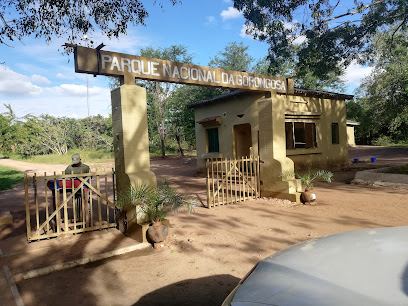
Lake Malawi
Experience the breathtaking beauty and vibrant culture of Lake Malawi, a paradise for adventure seekers and relaxation lovers alike.
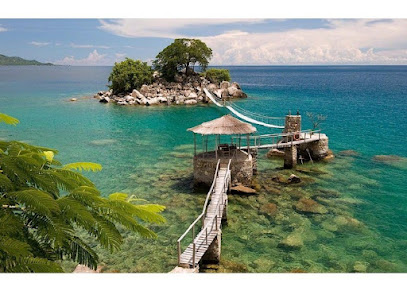
Unmissable attractions to see
Gorongosa National Park
Explore the diverse ecosystems and abundant wildlife of Gorongosa National Park, a breathtaking natural sanctuary in Mozambique.
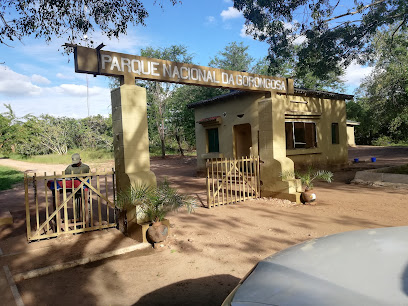
Lake Malawi
Explore Lake Malawi, a stunning natural wonder known for its crystal-clear waters, rich biodiversity, and vibrant local culture, perfect for all types of travelers.
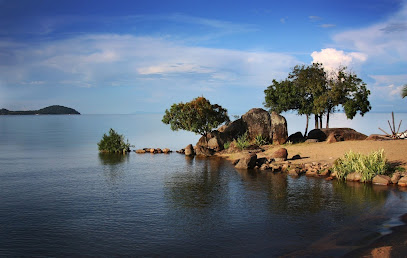
The Makokola Retreat
Discover the tranquil beauty and luxurious comfort of The Makokola Retreat, a premier resort hotel on the shores of Lake Malawi.

Lake Malawi National Park
Explore the crystal-clear waters and vibrant wildlife of Lake Malawi National Park, a must-visit destination for nature lovers and adventure seekers in Malawi.
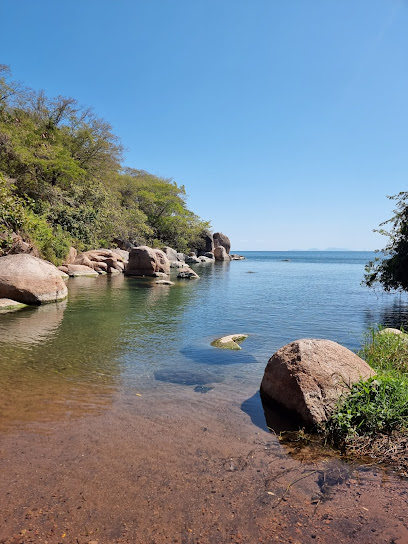
Senga Bay
Discover the tranquil beauty of Senga Bay, Malawi - a perfect blend of stunning landscapes, rich culture, and unforgettable experiences.
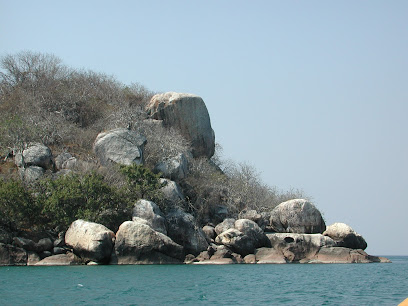
Bazaruto Archipelago National Marine Park
Explore the breathtaking Bazaruto Archipelago National Marine Park, a paradise of stunning beaches and vibrant marine life in Mozambique.
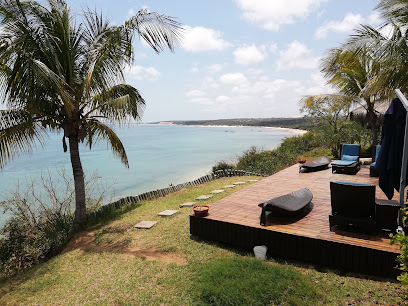
Likoma Island
Experience the serene beauty of Likoma Island, a tropical paradise in Lake Malawi with stunning beaches, rich culture, and vibrant wildlife.
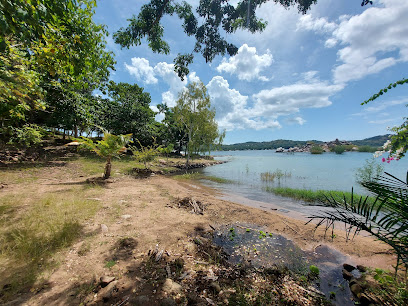
Chizumulu Island
Explore the pristine beauty and rich culture of Chizumulu Island, a serene paradise in Lake Malawi perfect for relaxation and adventure.
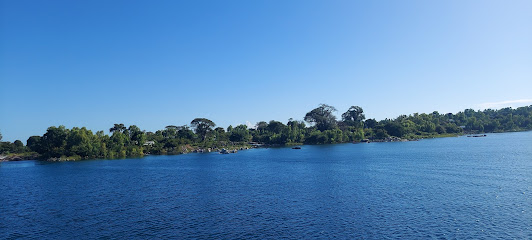
Essential places to dine
Dhow Restaurant
Discover exquisite dining at Dhow Restaurant in Maputo - where culinary artistry meets vibrant local culture.
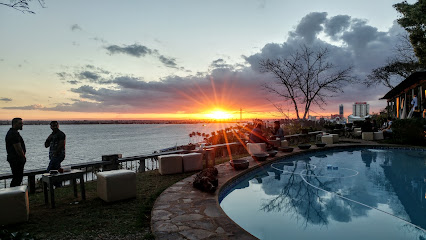
Restaurante O Farol
Experience authentic Mozambican cuisine with breathtaking ocean views at Restaurante O Farol in Catembe.
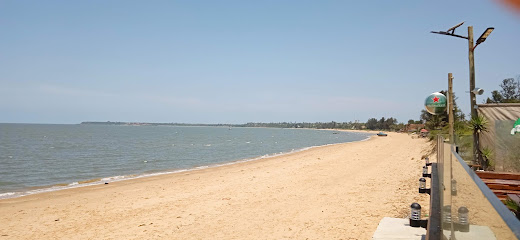
Solange
Experience the flavors of Mozambique at Solange, where local ingredients meet international cuisine in the heart of Beira.
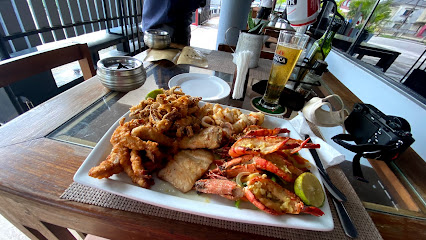
Lake Malawi
Experience unparalleled beauty at Lake Malawi – Africa's jewel with stunning waters, diverse marine life & vibrant culture.
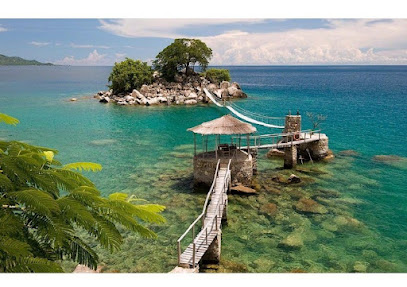
Malawa Restaurant
Experience flavorful dishes and relaxing poolside dining at Malawa Restaurant in Maputo - where local meets international cuisine.
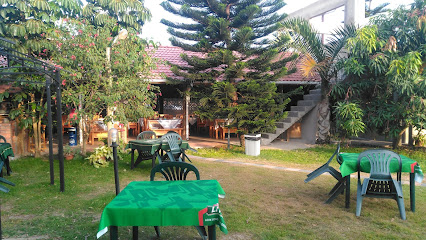
Sunset Shack
Experience coastal dining like never before at Sunset Shack in Ponta do Ouro – where delicious cuisine meets breathtaking sunset views.
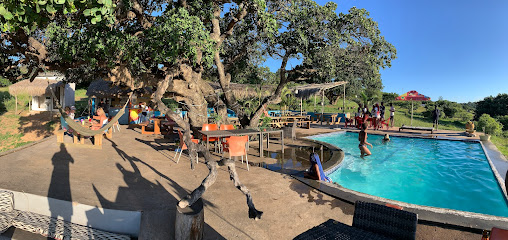
Roaz do Indico
Experience authentic Mozambican cuisine at Roaz do Indico, where fresh seafood meets stunning ocean views in Ponta do Ouro.
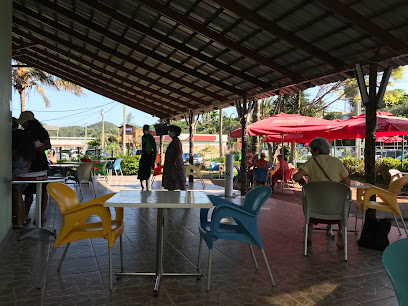
Sílvia Restaurant
Experience authentic Mozambican cuisine at Sílvia Restaurant in Namialo - where every dish tells a story.
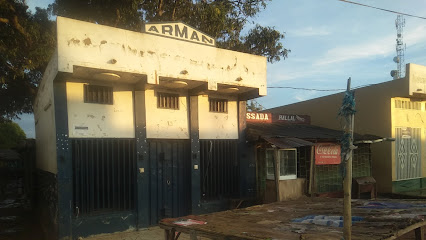
Na-nila
Discover authentic Mozambican flavors at Na-nila in Lichinga - where culinary tradition meets modern hospitality.

Markets, malls and hidden boutiques
Baía Mall
Experience shopping, dining, and entertainment at Baía Mall, the vibrant heart of Maputo’s retail scene.
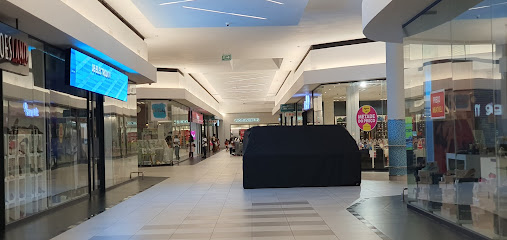
Maputo International Airport
Explore Mozambique through Maputo International Airport, your gateway to vibrant culture, stunning landscapes, and unforgettable experiences.
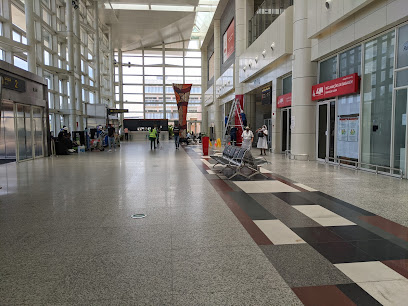
Central Market
Explore the Central Market of Maputo: A vibrant fusion of fresh produce, local crafts, and the best of Mozambican culture.
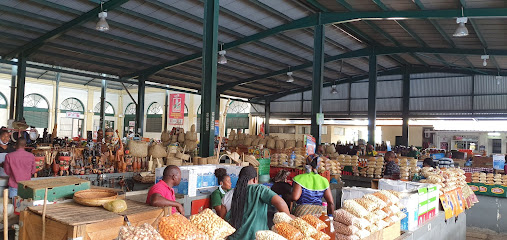
Hilton Garden Inn Lusaka Society Business Park
Discover modern comfort and local charm at Hilton Garden Inn Lusaka Society Business Park, your ideal base in Zambia's vibrant capital.
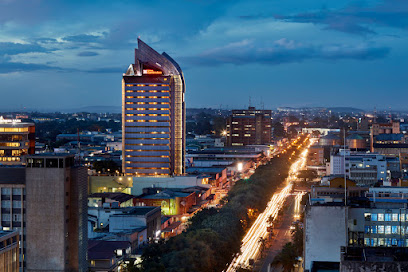
Hilton Garden Inn Kampala
Experience the best of Kampala at Hilton Garden Inn - your home away from home in Uganda’s vibrant capital.

Feira de Artesanato, Flores e Gastronomia de Maputo
Discover the essence of Mozambique at Feira de Artesanato, where vibrant crafts, fresh flowers, and tantalizing local cuisine await you.
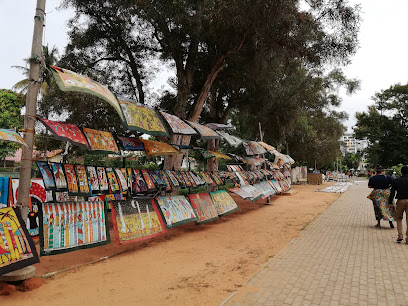
Avani Pemba Beach Hotel
Experience the ultimate beachfront luxury at Avani Pemba Beach Hotel, where stunning ocean views and exceptional service await.
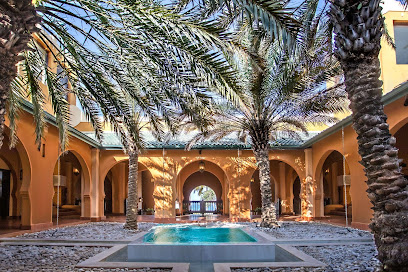
Gorongosa National Park
Explore Gorongosa National Park in Mozambique, a breathtaking destination rich in wildlife, stunning landscapes, and cultural experiences.
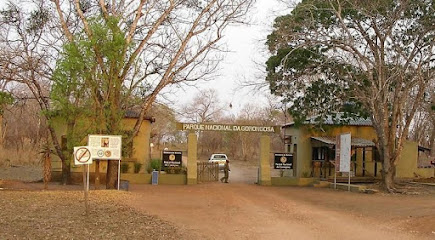
Lake Malawi
Experience the breathtaking beauty and vibrant culture of Lake Malawi, a top destination for relaxation and adventure in East Africa.
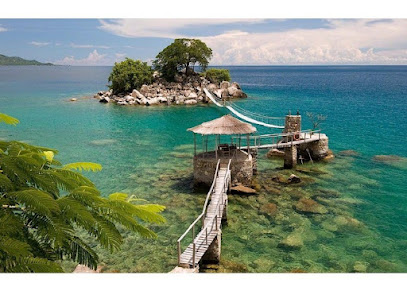
Protea Hotel Blantyre Ryalls
Discover a blend of comfort and luxury at Protea Hotel Blantyre Ryalls, your ideal base for exploring the vibrant culture of Malawi.
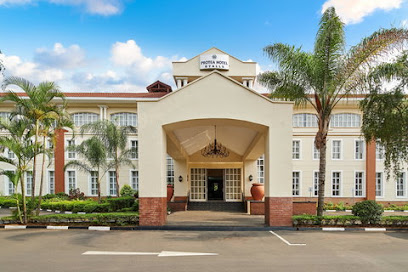
21 Grill Restaurant
Experience the best of Malawian cuisine at 21 Grill Restaurant, where local flavors meet international flair in a welcoming atmosphere.
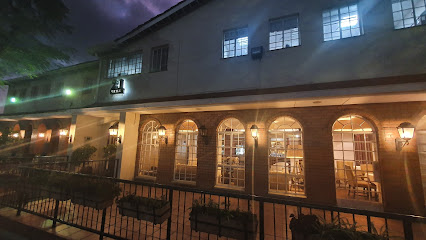
Azura Benguerra Island
Experience the unparalleled luxury and natural beauty of Azura Benguerra Island, an exclusive resort hotel on Mozambique's stunning Benguerra Island.
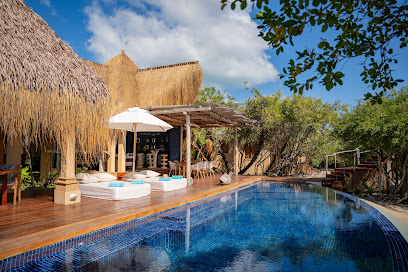
Casa Elefante
Discover the vibrant textiles of Mozambique at Casa Elefante, a must-visit fabric store in the heart of Maputo, showcasing local artistry and culture.
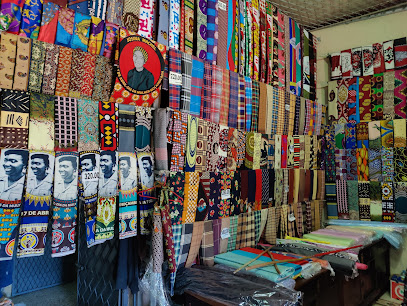
Mafalala Walking Tour
Discover the vibrant culture and rich history of Mafalala on an engaging walking tour through Maputo's iconic neighborhood.
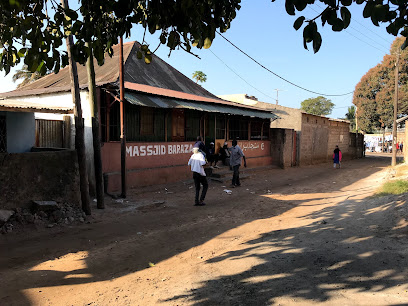
Kaya Mawa by Green Safaris
Discover the serene beauty of Kaya Mawa on Likoma Island, an eco-friendly paradise offering luxury accommodations and stunning views of Lake Malawi.
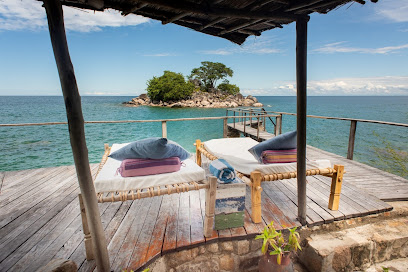
Essential bars & hidden hideouts
Captain Gus Bar and restaurant
Experience a blend of delicious cuisine and family fun at Captain Gus Bar and Restaurant, featuring a lively water park in beautiful Ponta do Ouro.
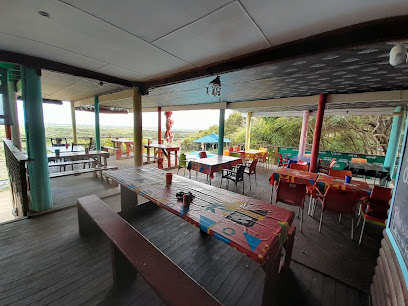
Malawa Restaurant
Discover the culinary delights at Malawa Restaurant, where local flavors meet a relaxing atmosphere with a swimming pool in the heart of Maputo.
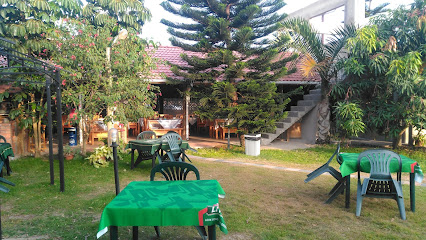
21 Grill Restaurant
Savor the best of Malawian and international cuisine at 21 Grill Restaurant in Blantyre, where culinary excellence meets a warm atmosphere.
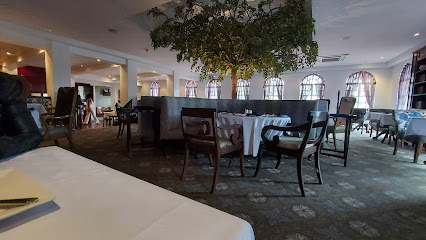
Gil-Vicente Café-Bar
Discover the lively Gil-Vicente Café-Bar in Maputo, where drinks, atmosphere, and local culture converge for an unforgettable experience.
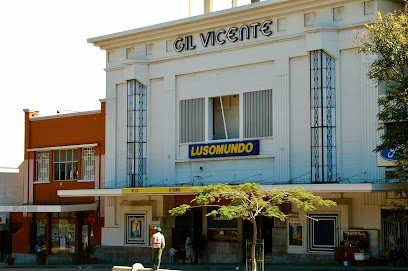
Ngaite's Bar
Discover the lively charm of Ngaite's Bar, where refreshing drinks and local dishes come together in a vibrant atmosphere.
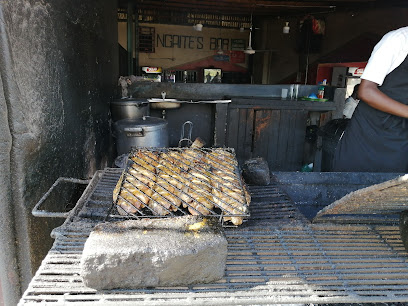
Complexo Tânia
Discover the flavors and vibrant culture of Mozambique at Complexo Tânia, a lively bar and restaurant in Lichinga.
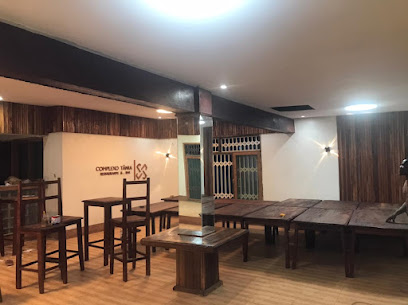
Mp3 Sbar
Experience the lively ambiance and local flavors at Mp3 Sbar, a must-visit bar in Lichinga for tourists and locals alike.
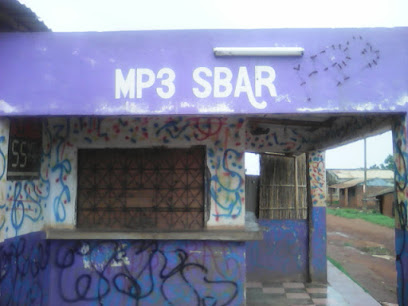
Buyanini Grill & Bar
Discover the rich flavors of Mozambique at Buyanini Grill & Bar, where local cuisine meets a lively dining atmosphere.
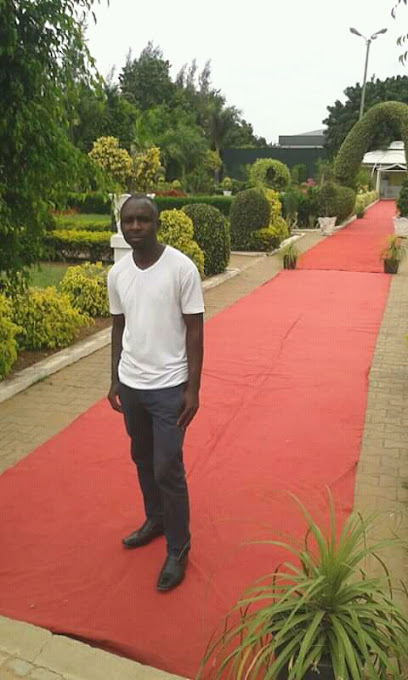
Upside Downers Bar and Restaurant
Discover Upside Downers Bar and Restaurant in Malongane for a unique dining experience with stunning ocean views and delicious food.
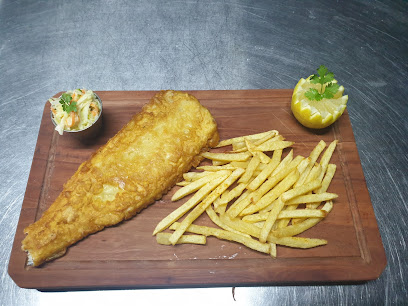
Micaia Do Sal Bar and Lounge
Experience the vibrant flavors of Mozambique at Micaia Do Sal Bar and Lounge, a delightful dining destination in Matola with a cozy atmosphere.
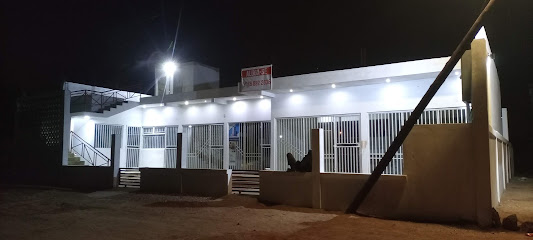
Lago`s Bar
Discover the lively atmosphere and local flavors at Lago's Bar in Tete, where relaxation and enjoyment await every visitor.

Mermaids tiki bar
Experience the essence of tropical paradise at Mermaids Tiki Bar in Inhassoro, where refreshing cocktails and ocean views await.
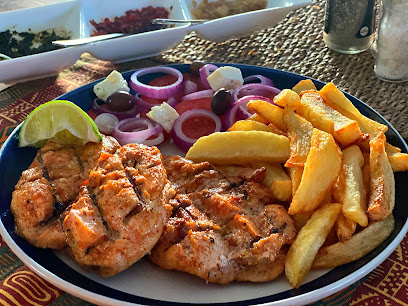
Aldwin Club
Discover the vibrant Aldwin Club on Likoma Island, Malawi—where great drinks meet stunning lake views and an inviting atmosphere.
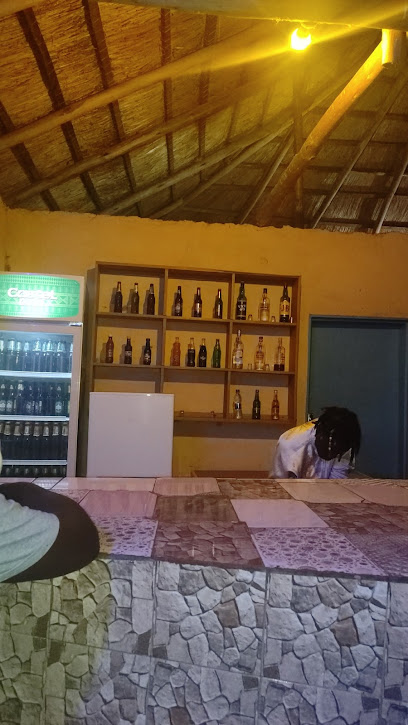
Mussuline
Experience the vibrant nightlife at Mussuline in Lichinga – a bar that brings locals and travelers together in a spirited atmosphere.
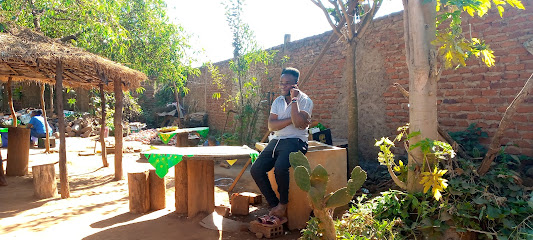
Local Phrases about Lake Niassa
-
- HelloMoni
[moh-nee] - GoodbyeChibwino
[chee-bwee-noh] - YesEwo
[eh-woh] - NoAyi
[ah-yee] - Please/You're welcomeChonde
[chon-deh] - Thank youZikomo
[zee-koh-moh] - Excuse me/SorryPepani
[peh-pah-nee] - How are you?Muli bwanji?
[moo-lee bwan-jee] - Fine. And you?Bwino. Koma inu?
[bwee-noh. koh-mah ee-noo] - Do you speak English?Mukuti chizungu?
[moo-koo-tee chee-zoon-goo] - I don't understandSindifuna
[seen-dee-foo-nah]
- HelloMoni
-
- I'd like to see the menu, pleaseNdimakonda kuchita menu, chonde
[nde-ma-kohn-dah koo-chee-tah meh-noo, chon-deh] - I don't eat meatSindinadya nyama
[seen-dee-nah-dyah nyah-mah] - Cheers!Zokonda!
[zoh-kohn-dah] - I would like to pay, pleaseNdimakonda kubwelela chilipo, chonde
[nde-ma-kohn-dah koo-bweh-leh-lah chee-lee-poh, chon-deh]
- I'd like to see the menu, pleaseNdimakonda kuchita menu, chonde
-
- Help!Mulongosowe!
[moo-lohn-goh-soh-weh] - Go away!Tchauka!
[chow-kah] - Call the Police!Mukhoza kuchotsa achinyamata!
[moo-koh-zah koo-choht-sah ah-chee-nya-mah-tah] - Call a doctor!Mukhoza kuchotsa daktali!
[moo-koh-zah koo-choht-sah dahk-tah-lee] - I'm lostNdasowa
[n-dah-soh-wah] - I'm illNdimadalitsika
[n-dee-mah-dah-lee-tsee-kah]
- Help!Mulongosowe!
-
- I'd like to buy...Ndimakonda kugula...
[nde-ma-kohn-dah koo-goo-lah] - I'm just lookingNdikungoonera
[n-dee-koon-goh-neh-rah] - How much is it?Ndiwopita bwanji?
[n-dee-woh-pee-tah bwan-jee] - That's too expensiveIzi ndizokwatira kwambiri
[ee-zee n-dee-zoh-kwah-tee-rah kwahm-bee-ree] - Can you lower the price?Mukhoza kubweretsa chilipo?
[moo-koh-zah koo-bweh-ret-sah chee-lee-poh]
- I'd like to buy...Ndimakonda kugula...
-
- What time is it?Ndi bwanji nthawi?
[n-dee bwan-jee n-tah-wee] - It's one o'clockNdi sazi
[n-dee sah-zee] - Half past (10)Zakudzatatu (10)
[zah-koo-dzah-tah-too (10)] - MorningUsiku
[oo-see-koo] - AfternoonMawa
[mah-wah] - EveningUdzela
[oo-dzeh-lah] - YesterdayIzaso
[ee-zah-soh] - TodayLero
[leh-roh] - TomorrowMawa
[mah-wah] - 1Moja
[moh-jah] - 2Zawiri
[zah-wee-ree] - 3Zatatu
[zah-tah-too] - 4Zane
[zah-neh] - 5Zano
[zah-noh] - 6Zakuka
[zah-koo-kah] - 7Zasabe
[zah-sah-beh] - 8Zanayi
[zah-ny-ee] - 9Zasakula
[zah-sah-koo-lah] - 10Zakumi
[zah-koo-mee]
- What time is it?Ndi bwanji nthawi?
-
- Where's a/the...?Kuli...?
[koo-lee] - What's the address?Adzakhala address yoti?
[ah-dzah-kha-lah ad-dress yoh-tee] - Can you show me (on the map)?Mukhoza kunenera ine (pamapu)?
[moo-koh-zah koo-neh-neh-rah ee-neh (pah-mah-poo)] - When's the next (bus)?Ndi nthawi yoti (bus) idzakhala?
[n-dee n-tah-wee yoh-tee (bus) ee-dzah-kha-lah] - A ticket (to ....)Chithandizo (kutali ....)
[chee-than-dee-zoh koo-tah-lee]
- Where's a/the...?Kuli...?
History of Lake Niassa
-
Lake Niassa, also known as Lake Malawi, was first documented by European explorers in the mid-19th century. The Scottish explorer David Livingstone was among the first Westerners to lay eyes on the lake in 1859 during his Zambezi expedition. His reports brought attention to this vast and biodiverse freshwater lake, sparking further interest and exploration by Europeans.
-
During the late 19th and early 20th centuries, Lake Niassa became a point of interest for colonial powers. The lake's eastern shores eventually fell under Portuguese colonial rule as part of Mozambique, while the western shore was claimed by the British as part of Malawi. This division was formalized by the Heligoland-Zanzibar Treaty of 1890, contributing to the geopolitical landscape of the region.
-
Lake Niassa was the site of naval skirmishes during World War I. The British and German colonial forces engaged in a series of naval encounters on the lake, utilizing gunboats to control its waters. These confrontations were part of the broader East African Campaign, and remnants of this period can still be found in the form of sunken ships and military relics.
-
Following Mozambique's independence from Portugal in 1975, Lake Niassa became a symbol of national pride and potential. Efforts were made to develop the region, promoting tourism and sustainable fishing practices. The lake's rich biodiversity, including a high number of endemic fish species, has become a focal point for conservation efforts.
-
The communities surrounding Lake Niassa have a rich cultural heritage, with various ethnic groups such as the Yao and the Makonde residing in the area. Traditional fishing practices, music, dance, and local crafts are integral parts of the cultural landscape. The lake plays a central role in the lives and traditions of these communities, influencing their folklore and daily activities.
-
Lake Niassa is renowned for its extraordinary biodiversity, particularly its cichlid fish species, many of which are found nowhere else in the world. The lake's unique ecosystem has made it a focus for conservation efforts. In 2011, the Mozambique portion of the lake was declared a reserve, known as the Lake Niassa Reserve, to protect its rich natural heritage and promote sustainable use of its resources.
Lake Niassa Essentials
-
Lake Niassa, also known as Lake Malawi, is accessible from various points in Mozambique. The nearest international airport is in Lilongwe, Malawi, which is approximately 200 kilometers from the Mozambican border. From Lilongwe, you can take a bus or taxi to the border, and then another bus or taxi to the lake. Another option is to fly into Lichinga Airport in Mozambique, which is closer to the lake. From Lichinga, you can take a local bus or hire a car to reach the lake.
-
Transportation options around Lake Niassa include local buses, minibuses (chapas), and taxis. For short distances, motorbike taxis are also popular. If you prefer more flexibility, renting a car is an option, but be prepared for varying road conditions. Boat taxis are available for traveling between different points along the lake. Walking and cycling are also feasible for exploring local areas.
-
The official currency in Mozambique is the Mozambican Metical (MZN). Credit cards are accepted in some hotels and restaurants, but it is advisable to carry cash, particularly in smaller towns and rural areas. ATMs are available in major towns, but it is wise to withdraw sufficient cash before heading to more remote areas. US dollars are also widely accepted.
-
Lake Niassa is generally a safe destination for tourists. However, like any travel destination, it is important to take standard precautions. Avoid walking alone at night and be cautious of your surroundings. Some areas, especially in larger towns, have higher rates of petty crime such as pickpocketing. Always keep your valuables secure and be vigilant in crowded places. Consult local advice on which specific areas to avoid.
-
In case of emergency, dial 119 for police assistance and 117 for medical emergencies. The nearest hospitals are located in larger towns like Lichinga. It is recommended to have travel insurance that covers medical emergencies. For minor health issues, local pharmacies are available. Carry a basic first-aid kit and any necessary medications with you.
-
Fashion: Do dress modestly, especially in rural areas. Avoid wearing revealing clothing. Religion: Do respect local customs and traditions. Public Transport: Do be respectful and give up your seat to elderly passengers. Don’t eat or drink on public transport. Greetings: Do greet people with a handshake. A friendly wave is also common. Eating & Drinking: Do try local delicacies and accept food offerings graciously. Don’t refuse hospitality, as it is considered impolite.
-
To experience Lake Niassa like a local, visit the local markets where you can buy fresh produce and traditional Mozambican goods. Engage with locals, as they are often friendly and willing to share stories about the area's history and culture. Don’t miss out on the traditional Makonde carvings and local music. For a unique experience, take a boat trip on the lake to explore its natural beauty and interact with fishermen.
Nearby Cities to Lake Niassa
-
Things To Do in Mzuzu
-
Things To Do in Karonga
-
Things To Do in Salima
-
Things To Do in Lilongwe
-
Things To Do in Chipata
-
Things To Do in Mangochi
-
Things To Do in Mbeya
-
Things To Do in Kasama
-
Things To Do in Zomba
-
Things To Do in Iringa
-
Things To Do in Blantyre
-
Things To Do in Dodoma
-
Things To Do in Morogoro
-
Things To Do in Ndola
-
Things To Do in Kitwe








